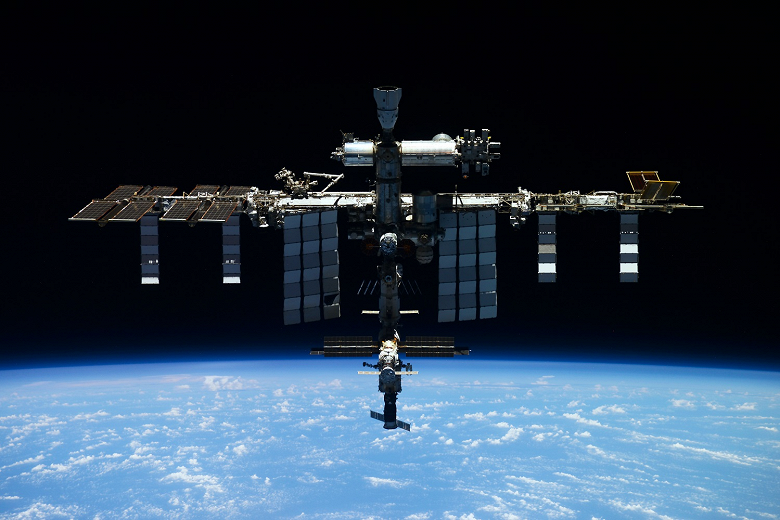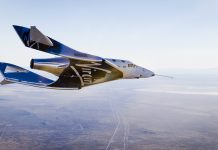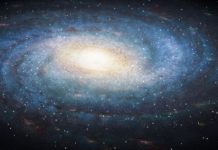The first module was Russian, launched from Baikonur
The International Space Station project today, November 20, 2023, has a significant date – a quarter of a century of flight. The press service of Roscosmos spoke about this and shared interesting statistics in honor of the event.

The first module of the International Space Station was launched into orbit on November 20, 1998 from the Baikonur Cosmodrome on a Proton-K launch vehicle. It was the Zarya functional cargo unit created in Russia. On December 7, the Zarya module was docked with the American Unity hub module, delivered into space by the Endeavor shuttle (mission STS-88).
Since 2000, crews from different countries have been continuously working on the ISS. Currently, cosmonauts Oleg Kononenko, Nikolai Chub and Konstantin Borisov, as well as astronauts Jasmine Moghbeli, Loral O’Hara, Andreas Mogensen and Satoshi Furukawa are conducting scientific research and experiments at the station.
15 countries are participating in the ISS project: Russia, USA, Japan, Canada, Belgium, Great Britain, Germany, Denmark, Spain, Italy, the Netherlands, Norway, France, Switzerland and Sweden.
The International Space Station celebrates 25 years since its launch into space
During the construction and operation of the ISS, 275 launches were carried out, 337 dockings and redockings of ships and modules were carried out, and 349 station orbit corrections were carried out. At the same time, 273 people from 21 countries visited the station:
59 Russians;
165 Americans;
11 Japanese;
nine Canadians;
five Italians;
four French and four Germans each;
two citizens of Saudi Arabia and the United Arab Emirates;
one citizen each from Spain, South Africa, Belgium, the Netherlands, Brazil, Sweden, Malaysia, South Korea, Denmark, Kazakhstan, Great Britain and Israel.
The leaders in the number of arrivals to the ISS are Russians Yuri Malenchenko, Fyodor Yurchikhin and Oleg Kononenko – five each. The longest stay at the station lasted 370 days 21 hours 22 minutes 16 seconds – this record is held by Sergei Prokopyev, Dmitry Petelin and the American Francisco Rubio. The crews performed 269 spacewalks, involving 154 people.




